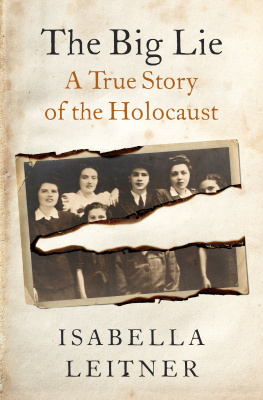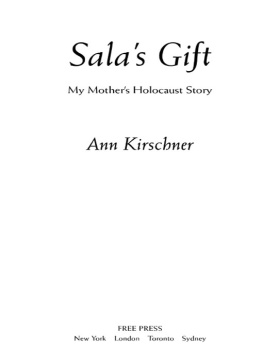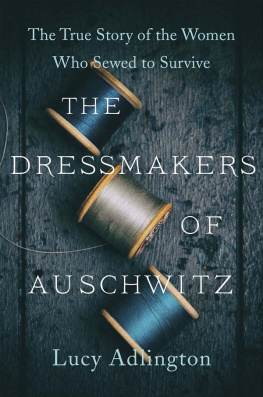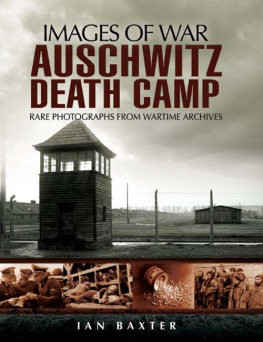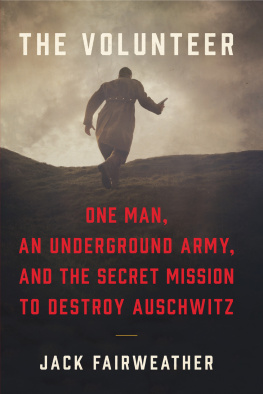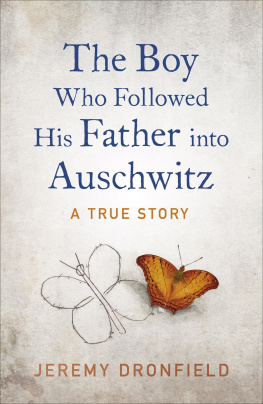The big lie
a true story
Isabella Leitner

This book is dedicated to the memory of my youngest sister, Potyo. With my love, I am trying to obliterate the forces of hate that killed you.
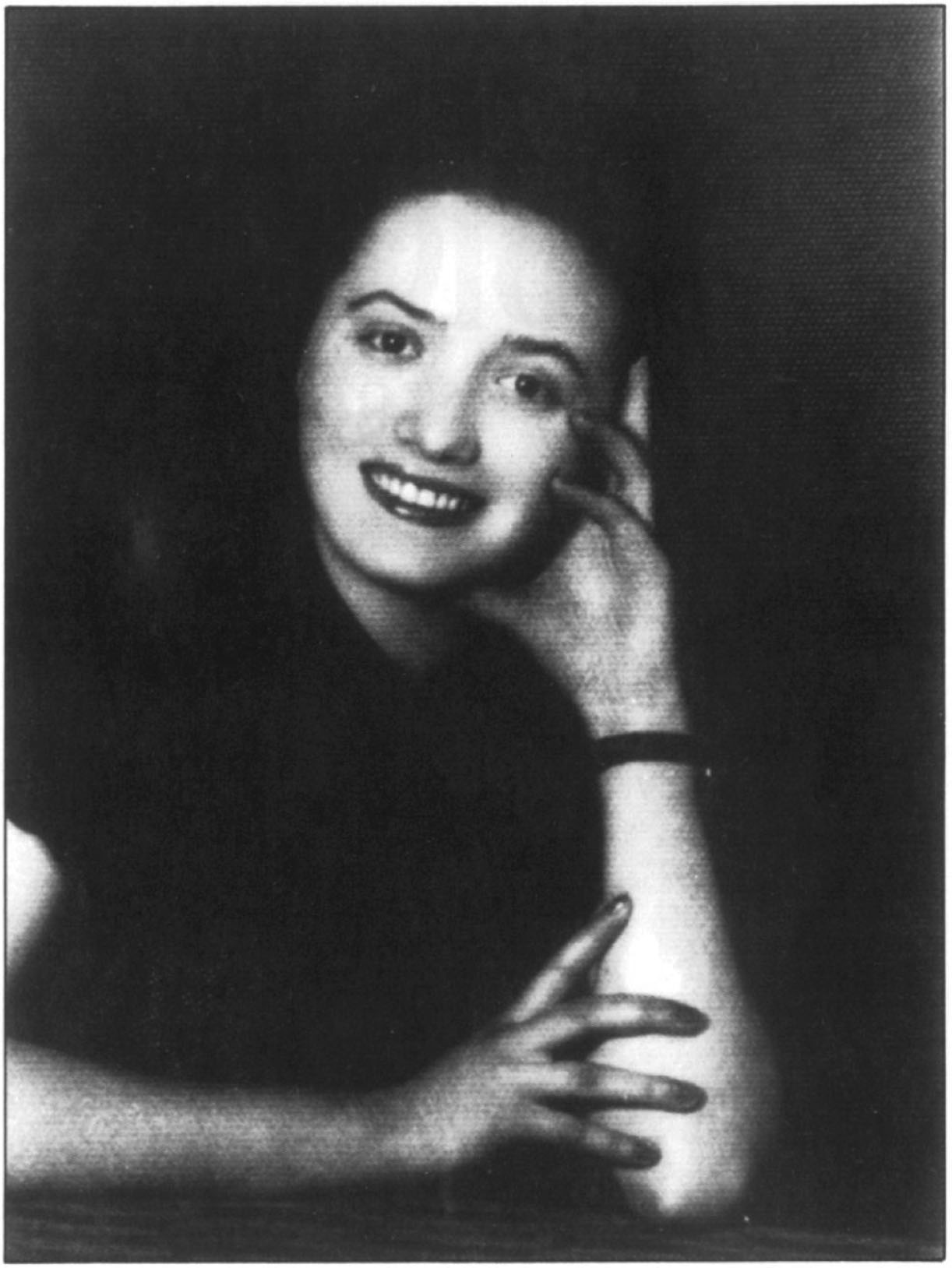
This photograph of Isabella was taken just before the events described in this book.
CHAPTER 1
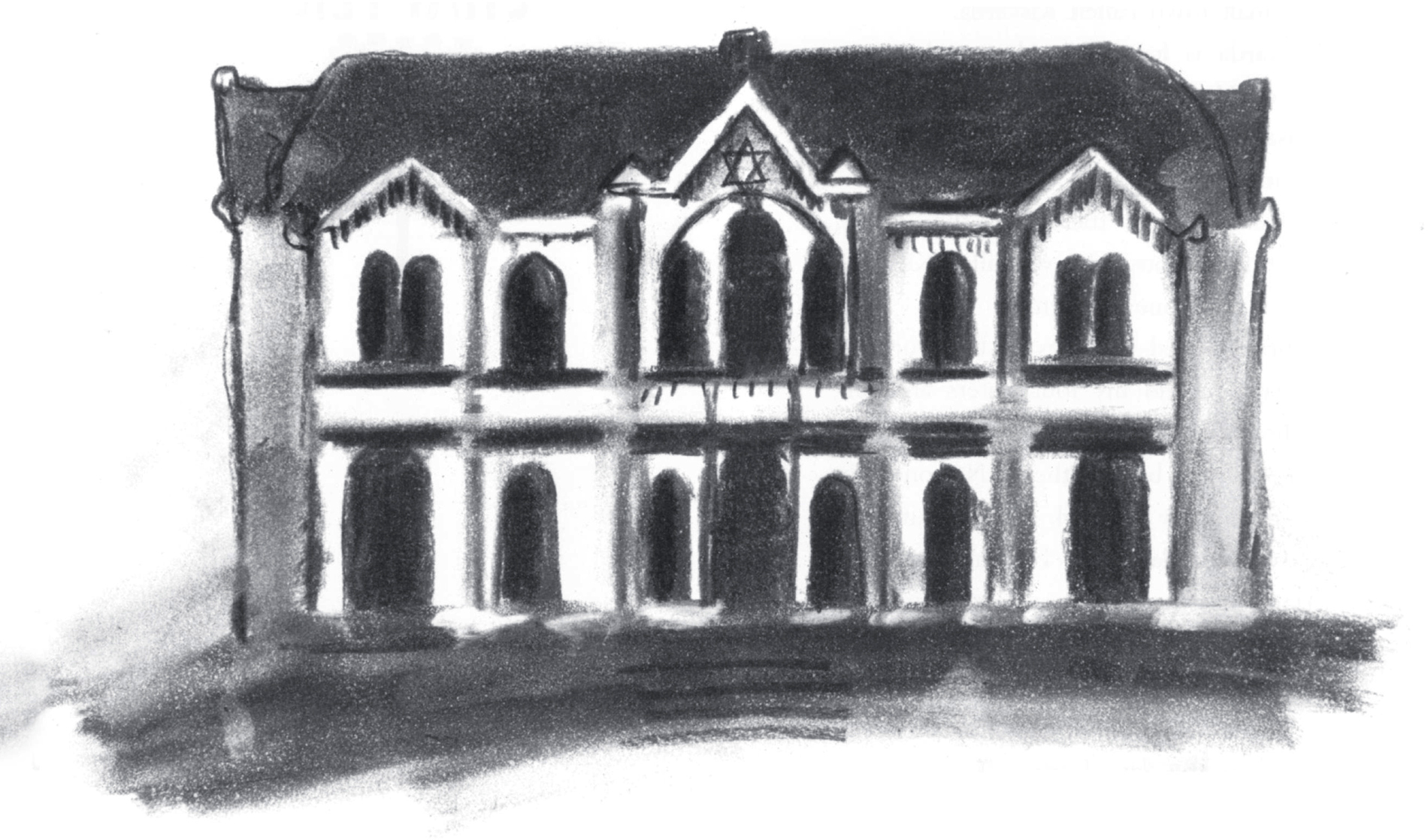
My name is Isabella, and I was born in a small town called Kisvarda.
Kisvarda is located in the northeastern part of Hungary. Today, about nineteen thousand people live there. Of these, only a handful are Jews.
When I lived there, in the 1940s, almost four thousand Jews called Kisvarda home. I was one of them.
I first opened my eyes to the world in Hungary, as did my four sisters and one brother, our parents, their parents, and their parents before them. No one can remember how far back in time our family tree was planted in Hungary, but it is certain that it was a very long time ago.
Today, the date March 20, 1944, might seem like a day in ancient history. Yet to me, it is not very long ago. I can remember the day clearly.
Spring is beginning. Soon the trees will be green again, and flowers will peep out of the earth.
My sister, Potyo, is the baby of the family. She has just become a teenager. Then come Regina, Philip, myself, Chicha, and Cipi. All of us are bright, active young people.
We all know that war is raging in Europe, but the fighting is far away from Kisvarda. We know that Nazi Germany has invaded the countries around us. We hear rumors that terrible things have happenedand are still happeningto Jews in those countries.
But what is happening elsewhere cannot happen in our small Hungarian town. Kisvarda is too small, too unimportant, to matter to a great nation like Germany.
This, at least, is what we try to tell each other. But we cannot tell it to my father, because he is in America trying to arrange for our safety.
My father left for the United States in 1939. He left shortly after a band of Hungarian Jew-haters roamed through the streets of Kisvarda looking for Jews to attack. They smashed the windows of Jewish-owned shops. They beat up the shopkeepers and threatened their customers.
Things will only get worse, my father said. The Nazis are not yet in Hungary, and already the local Jew-haters are at work.
We must leave Kisvarda. In America we will be safe. I will send for you when I get immigration papers.
All of us thought he would be gone for a short time, and then we would join him. But we were wrong. For two years my father tried to get papers for us in America, but all his efforts were in vain. Hungary, Germanys ally, declared war on the United States, and it was too late.
My father is across the ocean, and we are stuck in Kisvarda.
Every day we hear alarming rumors. There is no way for the people of Kisvarda to know whether they are actually true. The Hungarian government controls all the news. Nothing bad about the Nazis treatment of Jews is printed in our papers or broadcast over Hungarian radio. All the bad news is brought by strangers traveling through town.
With the dawn of March 20, 1944, all this changed. A loud rapping on our window woke us up.
Let me in! Let me in! Its me, Sanyi. Let me in!
Sanyi? Our friend who was studying in Budapest? What was he doing outside our window in Kisvarda?
Let me in! Let me in, please!
Inside our house, the words tumbled out of Sanyis mouth.
The Germans invaded Budapest yesterday! A whole army of them. They seized the radio station and the newspaper. Theyre hunting Jews all over the city. I was in the school library when they came. Nazis with guns rushed in.
All Jews come forward! they shouted. All Jews stand up! Los! Schnell! Come forward! Fast!
They shoved books and papers about. They dragged kids out of their seats. They overturned tables and chairs. They scattered books all over the floor.
Students were screaming. Boys and girls were crying. Kids were trying to hide.
In the confusion, I escaped through an open window. I made my way to the railroad station and took the night train to Kisvarda.
For the whole three hundred kilometers, I was scared to death. Im still shaking with fear.
Please hide me until sunset. Ill be gone after dark.
True to his word, Sanyi left that evening for his parents village.
We never heard from him again.
CHAPTER 2
Overnight, life in Kisvarda changed. What we had previously believed to be only talk now became fact.
The town crier strode into the public square. He was a short pan with a peaked cap and a tin drum.
Rat-a-ta-tat! Rat-a-ta-tat! Rat-a-ta-tat!
The town crier beat his drum, and everyone came running.
Attention! Attention! the short man cried.
Here are the orders from Budapest. Listen carefully. The orders must be obeyed.
1. Starting tomorrow, all Jews must wear a yellow star on their clothes to mark them as Jews.
2. Starting tonight, no Jew can walk the streets after 7:00 P.M.
3. Starting tomorrow, no Jewish children can go to public school.
We could not believe our ears. How could the town crier be saying such things? There must be some mistake.
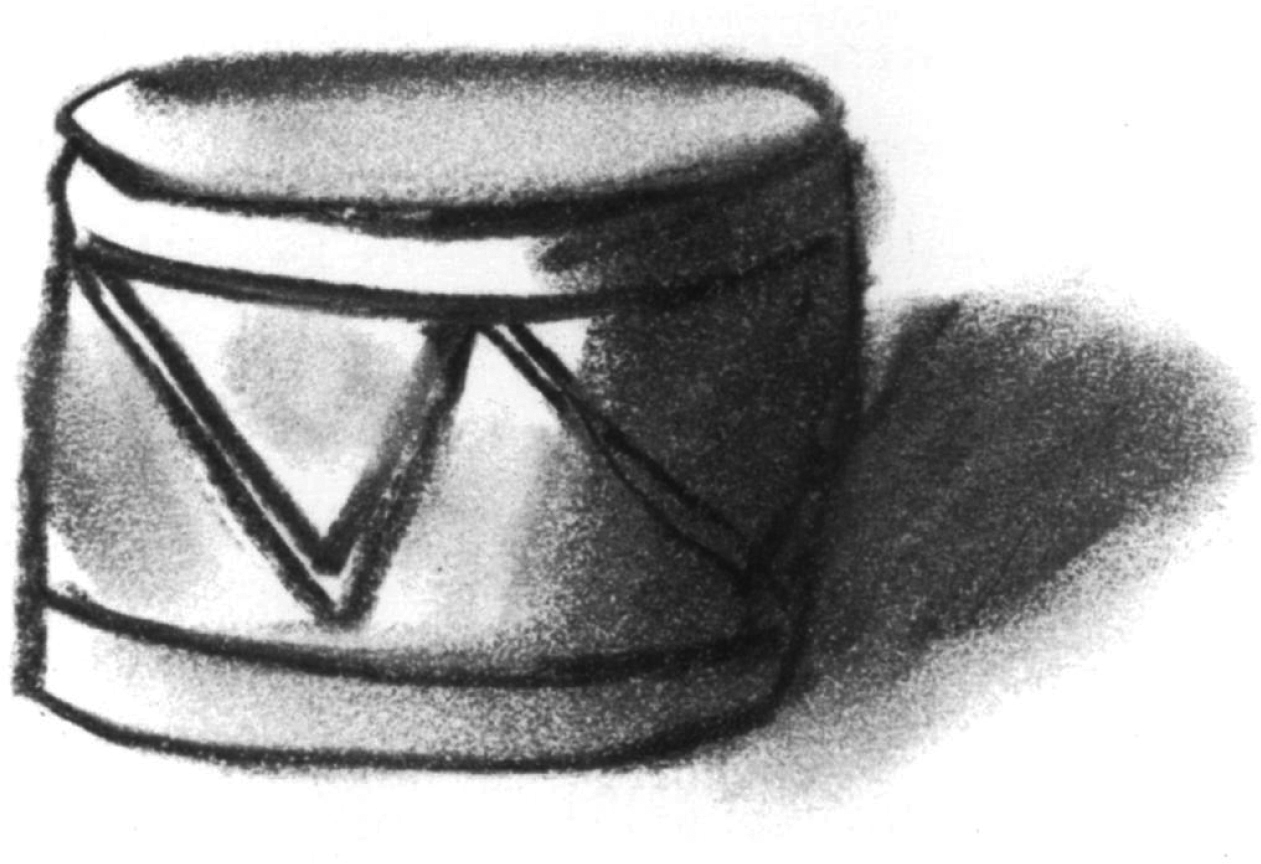
But there was no mistake. Mama sewed yellow stars on our clothes that afternoon. She kept us indoors after 7:00 P.M. And she kept Regina and Potyo home from school the following morning.
Rat-a-ta-tat! Rat-a-ta-tat! Rat-a-ta-tat!
The town crier was back in the square.
Attention! Attention! he cried as we gathered around him. Todays orders are as follows:
1. No Jew can own a radio. All Jews must turn in their radios at Town Hall. Refusal will bring punishment.
2. No Jew can ride a bicycle. All Jews must turn in their bicycles at the police station. Refusal will bring punishment.
3. No Jews can talk to non-Jews in public. These orders will be strictly obeyed!
As each day passed, new rules were announced. Jews cannot do this. Jews cannot do that.
Passover, the Jewish festival of freedom, was upon us, but we found it hard to celebrate the ancient escape of our ancestors from slavery in Egypt.
Our family was separated, when we should have been together. Father was far away in America, lonely and worried. We were in Hungary, fearful and wearing yellow stars on our clothes.
Our radio was in a closet at Town Hall. We had no musicand, worseno news about the world. We all felt like prisoners in our own homes in Kisvarda.
The day after Passover, two Hungarian gendarmes came to our home. Unlike our regular police, who carried only sidearms, they carried rifles with fixed bayonets and wore feathered hats.
Get your family together. Take food and clothing, one of them shouted at Mama. Take enough, but be outside in ten minutes!
Terrified, we immediately obeyedMama, Cipi, Chicha, Philip, Regina, Potyo, and I.
In the courtyard, other Jewish families were gatheringMrs. Klein and her handicapped daughter, Esther; Mrs. Fried and her five little children, each of them crying; Mrs. Hirsch, the widow, her niece, and her aged father all of whom lived together; and Mrs. Feld and her unruly flock of kids.

